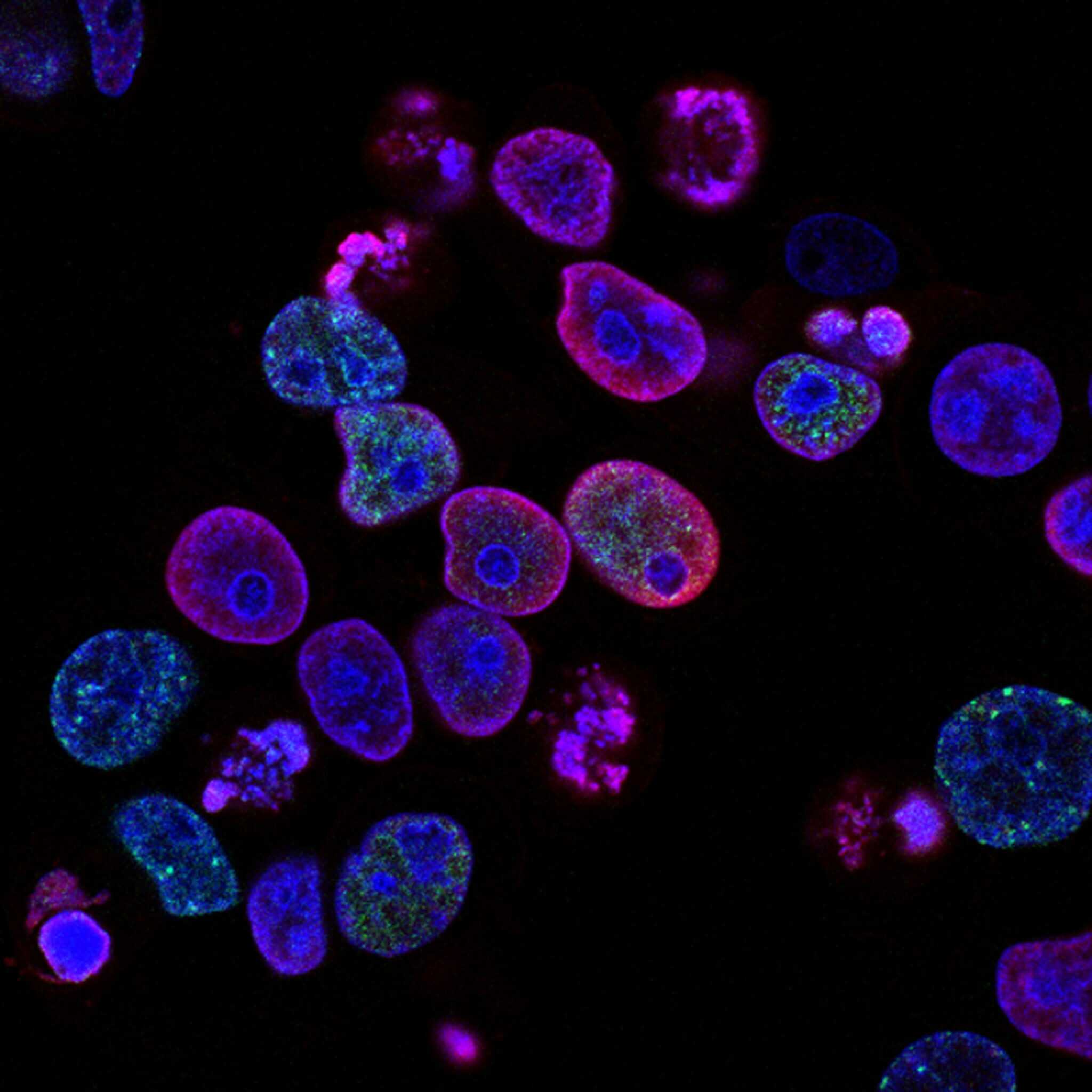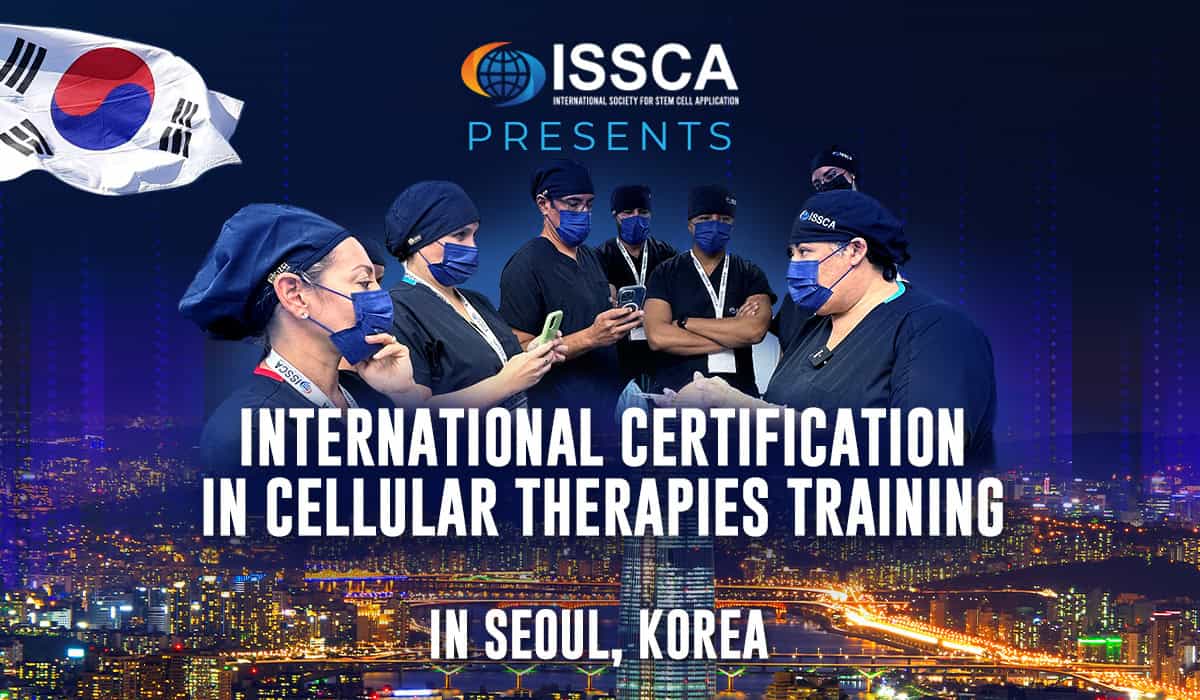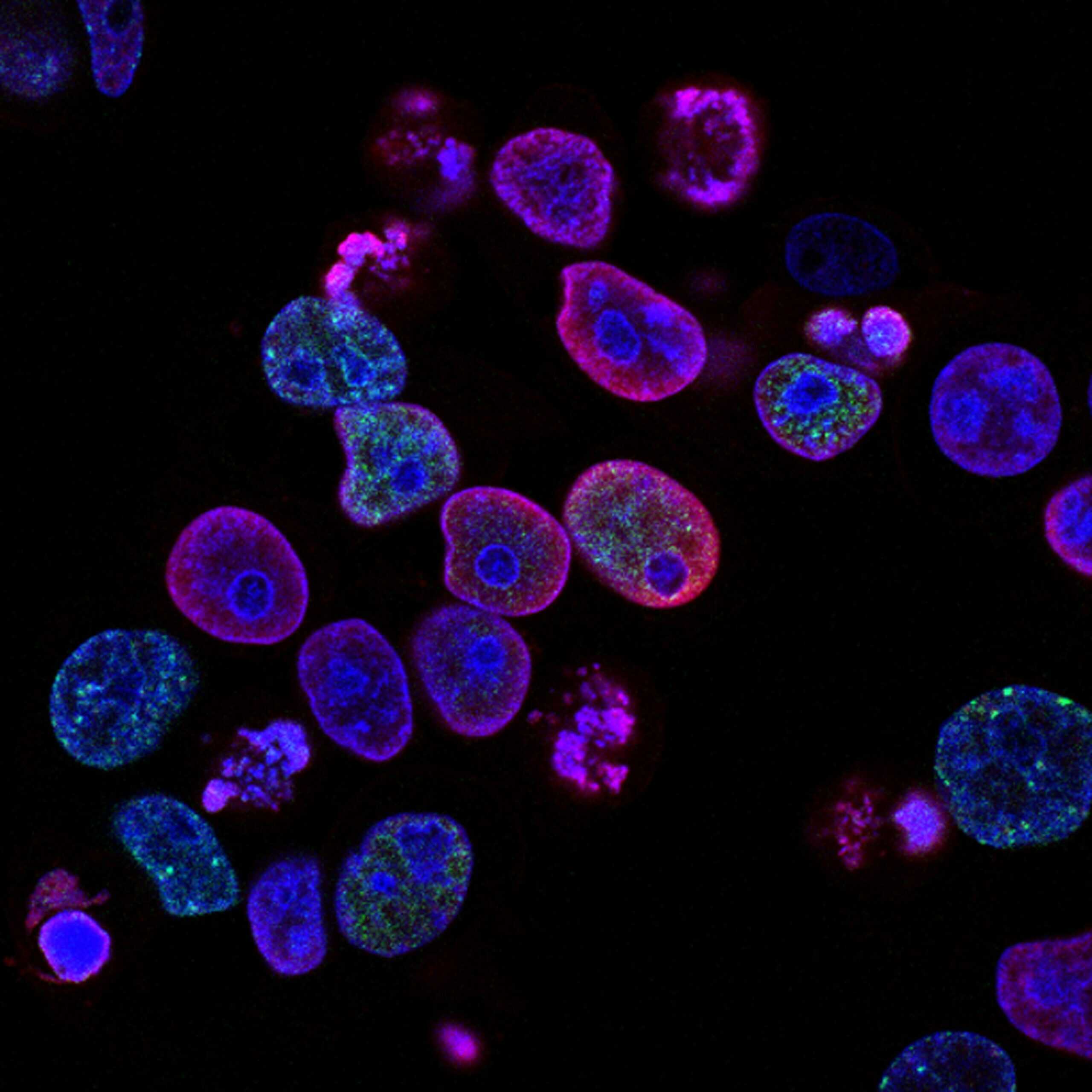TUESDAY, 27 FEBRUARY 2018 / PUBLISHED IN BLOG
Although they can perform surgeries, osteopathic physicians try to avoid doing so whenever possible. Because of this, PRP seems to be an excellent fit for their practice. Since Osteopathy was built on the idea of self-healing, PRP seems to be a perfect fit.
The Current State of PRP Research
A while ago, PRP research was reviewed by The Journal Of The American Osteopathic Association, which concluded that more studies and evidence are needed to make a solid statement on its efficacy. Later, a case study was filed showcasing an 18-year-old high school football player who suffered from a sports injury. The case study showed that the muscle injury healed rapidly under PRP therapy. Although PRP is not yet universally acclaimed, it doesn’t mean Osteopathic Physicians can’t learn a lot or benefit from its use in their practice.
How Osteopathic Physicians Can Benefit From PRP
It’s Holistic
Osteopathic Physicians prefer to treat the patient rather than just treating a disease or its symptoms, making PRP a great fit. PRP works by using the body’s own resources and mechanics to help it heal itself over time. Instead of merely addressing symptoms like many conventional medicines do, it tackles the problem directly.
For example, there are cases where PRP therapy has taken the place of surgery and medication. Female patients have revived their sex drive after being treated for incontinence. While PRP therapy was initially pushed by allopathic doctors, it works wonders in Osteopathic medicine and can become a key treatment method for Osteopathic physicians.
Musculoskeletal Issues
In many practices, musculoskeletal pain is a common issue for Osteopathic Physicians. PRP is quickly becoming a primary treatment for these kinds of problems. For instance, many researchers believe PRP should be the main choice for patients suffering from knee meniscus issues.
In 2016, University of Missouri Doctor Patrick Smith published an FDA-sanctioned double-blind randomized placebo-controlled clinical trial on PRP. These trials are considered the gold standard in research. The study concluded that PRP provides safe and notable benefits for people suffering from knee osteoarthritis.
The Vast Potential of PRP
The third and most important reason why all physicians, including Osteopathic Physicians, should start using PRP therapy is its wide scope. Since PRP is simple and common, it’s safe to say that if PRP works on knee joints and tendons, it likely works on other tendons, joints, bones, and muscles. PRP will soon be a commonplace treatment for nearly all musculoskeletal diseases.
This means PRP has near limitless potential. This is especially important for Osteopathic Physicians because if a patient has a wrist problem, the main issue might appear further down the arm. Multiple PRP injections in various areas can not only heal the issue but also enhance other traditional methods used. This will help restore balance to the body and give full functionality back to the patient.
Success Stories and Expert Opinions
American Academy of Regenerative Medicine Doctor Peter Lewis has administered over 100,000 PRP injections to over 12,000 patients. He claims that more than 80% of his patients who have undergone PRP therapy have had fantastic results. Even patients who were candidates for surgery have benefited from PRP.
Are PRP Treatments FDA Approved?
As of this year, PRP treatments are not yet subject to FDA approval. This is because all treatments are performed on the same day as the extraction and use only materials already inside the patient’s body. Therefore, PRP therapy falls within the scope of the FDA Code of Federal Regulation title 21, part 1270, 1271.1, making it exempt from needing approval.








